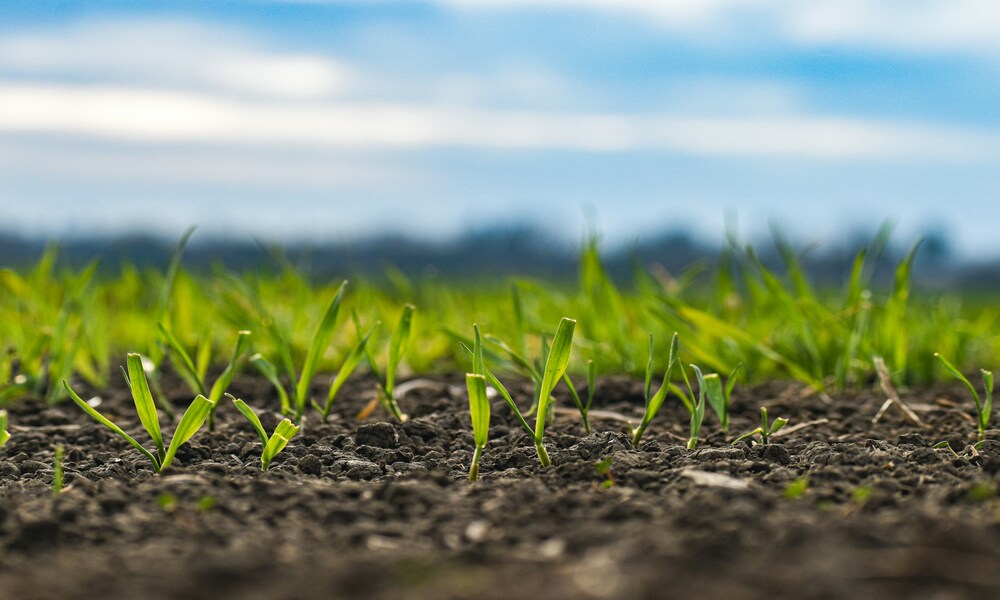Within British agriculture, there are many things that remain unknown to the public about how produce is grown and brought to supermarket shelves. It is known that chemicals and inorganic fertilisers are added and hence people opt for the ‘Organic’ label but how bad are the chemicals that are added, really?
For decades, sewage sludge has been quietly spread across farmland, marketed as nutrient rich fertiliser. While the main part of sewage isn’t the issue, as farm slurry is often added with beneficial results, it’s the household and industrial chemicals that threaten the long-term health of British farmland. PFAS (forever chemicals), which include pharmaceuticals, pesticides, hormone-damaging chemicals, and microplastics, are often spread along with the sewage, becoming an easy way for large companies to covertly dump toxic industrial waste. Every year, about 87% of the UK’s 3.6 million tonnes of sewage sludge is applied to farmland.
This doesn’t just damage the food that we consume; contaminated fields become a silent source of pollution and water runoff from fields causes issues such as algae blooms in neighbouring rivers. Toxic algae blooms occur when too many nutrients reach rivers – this causes eutrophication, a process which means that the algae blooms starve the rest of the river (including all animals and plants) from oxygen, growing uncontrollably and blocking out sunlight.
Sweden have been proactive in utilising their sewage and minimising the environmental hazards. They use a method whereby they incinerate the sewage to burn off toxic chemicals and then the ash is used for phosphorus recovery. This is then used on farms to improve soil health. It has many other benefits such as a reduced reliance on mined phosphate rock, less environmental pollution, and reduced fertiliser costs.
With UK farming under increasing economic pressure, farmers cannot be blamed solely for this. Farm money is running dry due to the wet spring and immensely dry summer. Weather-related crop loss has been known to cost farms up to £100,000. This sewage issue means they have been put in a tough moral predicament: use cheap toxic sludge and risk environmental damage or invest in costly agrochemicals that strain already tight budgets. There are currently no government grants to help farmers make the environmentally beneficial decision, only grants to store the slurry. The SFI (Sustainable Farming Incentive) did help in the past, however, the Government closed applications on the 11th of March 2025.
Phosphorus recovery is starting to emerge within the UK but has not yet become a prominent factor in the agricultural scene. It is an expensive method of using sewage, so a real government push and incentives are needed to make this successful, feasible, and accessible for British farmers.





